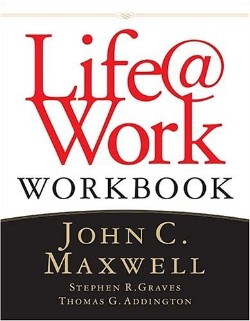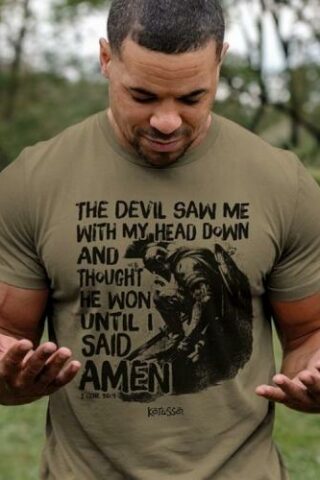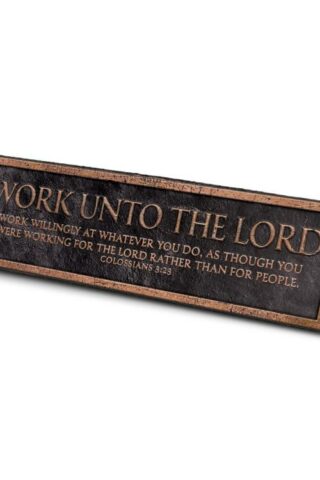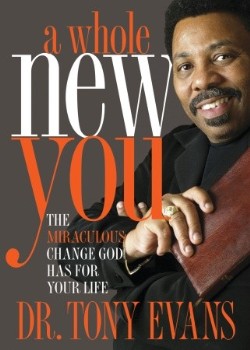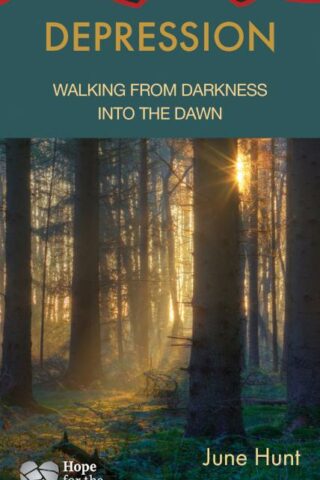Store Hours: Mon, Tue & Thu 10am-6pm, Wed 10am-7pm Fri, 10am-3pm Sat, Closed & Sun, 9am-2pm
Category
- Misc. Gifts
- Uncategorized
- Apparel
- Audio Books
- Bibles
- Bibles (Spanish)
- Book and Bible Accessories
- Books
- Books ( Spanish)
- Church Supplies
- Food and Drinks
- Games and Toys
- Home Decor
- Decorative Pillows
- Desk Accessories
- Prayer and Promise Boxes
- Quilts and Throws
- Scripture Keepers
- Seasonal Home Decor
- Baskets and Boxes
- Candles and Accessories (Home Decor)
- Crosses and Crucifixes (Home Decor)
- Doormats and Rugs
- Easelback Photo Frames
- Figurines
- Home Decor
- Ornaments
- Outdoor and Garden Decor
- Jewelry
- Kitchen and Dining
- Novelties
- Paper Products
- Recorded Music
- Stationery and Cards
- Videos
- Vocal Trax
- Wall Decor

